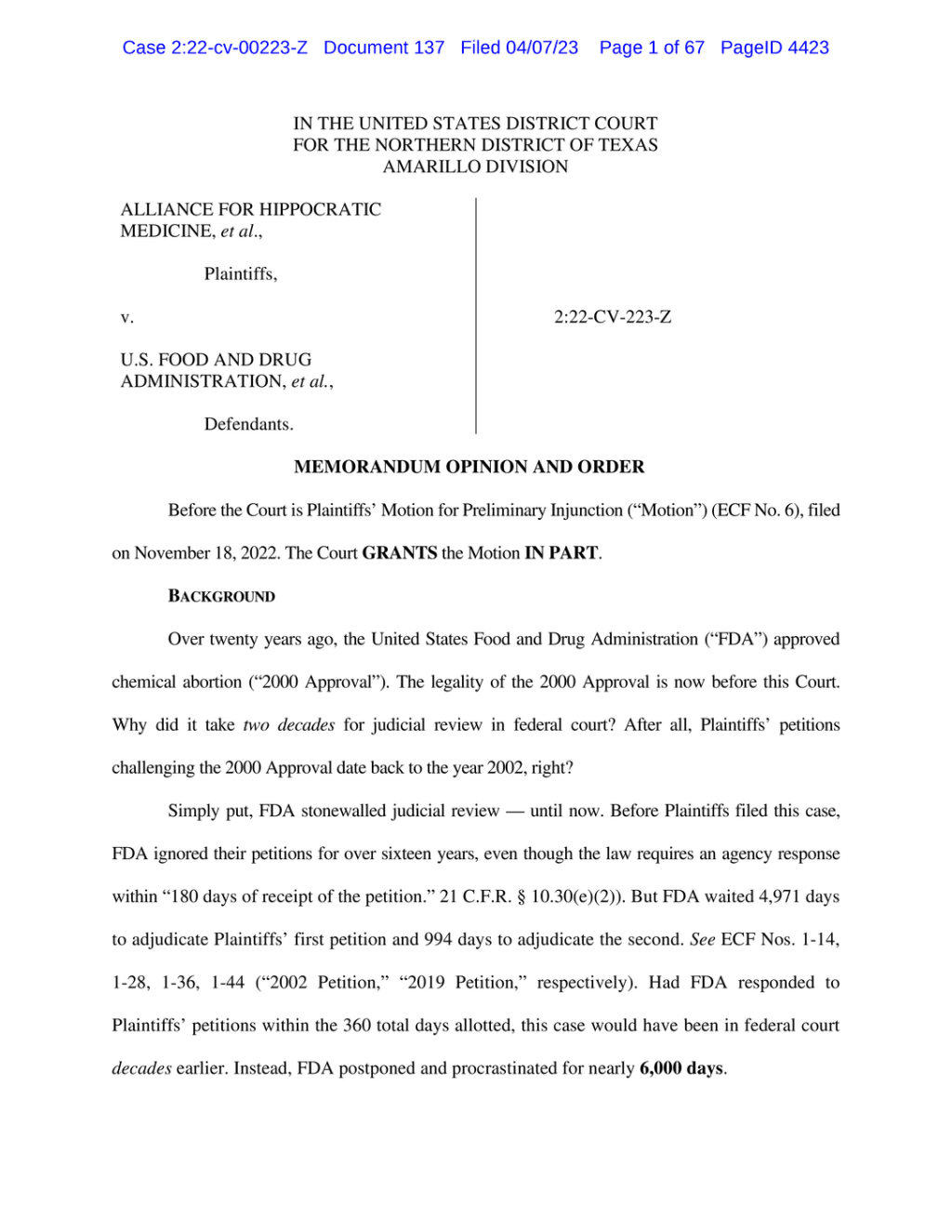Unlock Your Victory: Abstract Of Judgment Completed For Non-Doc Case – Take Action Now!
Abstract of Judgment Completed for Non-Doc Case
Introduction
Welcome, Smart Readers! In this article, we will delve into the topic of Abstract of Judgment Completed for Non-Doc Case. A non-doc case refers to a situation where a lawsuit is filed without any supporting documentation or written evidence. The abstract of judgment is a legal document that summarizes the court’s decision and serves as an official record of the judgment. Understanding the process and implications of completing an abstract of judgment for a non-doc case is crucial for anyone involved in legal proceedings. Let’s explore this topic in detail.
1. What is an Abstract of Judgment?
2 Picture Gallery: Unlock Your Victory: Abstract Of Judgment Completed For Non-Doc Case – Take Action Now!


An abstract of judgment is a legal document that provides a concise summary of a court’s judgment in a particular case. It contains essential information such as the names of the parties involved, the nature of the judgment, the amount awarded, and any relevant conditions or terms imposed by the court.

Image Source: nyt.com
2. Who Completes the Abstract of Judgment for Non-Doc Cases?
The responsibility of completing the abstract of judgment for non-doc cases lies with the prevailing party, i.e., the party that has been awarded a judgment by the court. This could be the plaintiff or the defendant, depending on the outcome of the case.
3. When is the Abstract of Judgment Completed?

Image Source: nyt.com
The abstract of judgment is typically completed after the court has rendered its final decision or judgment. It is an important step in the post-judgment process and must be filed with the appropriate court within a specified timeframe, usually within a few months of the judgment date.
4. Where is the Abstract of Judgment Filed?
The abstract of judgment is typically filed with the county clerk’s office or the equivalent authority in the jurisdiction where the judgment was issued. This ensures that the judgment becomes a matter of public record, allowing for proper enforcement and collection of the awarded amount.
5. Why is the Abstract of Judgment Important?
The abstract of judgment serves several important purposes. Firstly, it establishes a legal record of the judgment, which can be used to enforce the judgment through various means, such as wage garnishment or property liens. Secondly, it alerts credit reporting agencies of the debtor’s obligation, potentially impacting their credit score. Lastly, it provides a clear summary of the judgment, making it easier for interested parties to understand the case without reviewing the entire court docket.
6. How is the Abstract of Judgment Completed?
The process of completing the abstract of judgment involves gathering the necessary information, such as the names of the parties and their attorneys, the case number, the judgment amount, and any applicable interest or fees. This information is then entered into the prescribed form provided by the court or the relevant authorities.
Pros and Cons of Abstract of Judgment Completed for Non-Doc Case
Pros:
1. Simplifies enforcement: The abstract of judgment streamlines the enforcement process by providing a concise and easily accessible document.
2. Protects the prevailing party: By filing the abstract of judgment, the prevailing party ensures their right to collect the awarded amount.
3. Provides a credit score impact: The abstract of judgment can negatively impact the debtor’s credit score, serving as an additional incentive for them to fulfill their obligation.
Cons:
1. Limited information: While the abstract of judgment provides a summary of the judgment, it may not include all the details or context of the case.
2. Potential delays in enforcement: Despite having an abstract of judgment, the prevailing party may still face challenges in actually collecting the awarded amount.
3. Public record: The abstract of judgment becomes a matter of public record, potentially affecting the debtor’s reputation.
Frequently Asked Questions (FAQs)
1. What happens if the abstract of judgment is not filed?
If the abstract of judgment is not filed within the specified timeframe, the prevailing party may face difficulties in enforcing the judgment and collecting the awarded amount.
2. Can the abstract of judgment be challenged or appealed?
In certain circumstances, the abstract of judgment can be challenged or appealed, particularly if there are factual or legal errors in the original judgment.
3. How long does an abstract of judgment remain valid?
An abstract of judgment typically remains valid for a specified period, which varies by jurisdiction. It can often be renewed if necessary to continue enforcement efforts.
4. Can the abstract of judgment be removed from public record?
In some cases, the abstract of judgment can be removed or expunged from public record, usually through a legal process that demonstrates the judgment has been satisfied or released.
5. Is it possible to negotiate a settlement after the abstract of judgment is filed?
Yes, parties can still negotiate a settlement even after the abstract of judgment is filed. However, reaching a mutually agreeable resolution may require additional effort and cooperation.
Conclusion
In conclusion, completing an abstract of judgment for a non-doc case is a crucial step in the post-judgment process. It serves as a concise summary of the court’s decision and enables the prevailing party to enforce the judgment and collect the awarded amount. While there are pros and cons to consider, understanding the importance and implications of the abstract of judgment is essential for anyone involved in legal proceedings. Remember to file the abstract of judgment within the specified timeframe and consult with legal professionals for guidance tailored to your specific situation.
Disclaimer:
This article is for informational purposes only and should not be construed as legal advice. It is always recommended to consult with a qualified attorney for proper guidance on legal matters.
This post topic: Abstract



